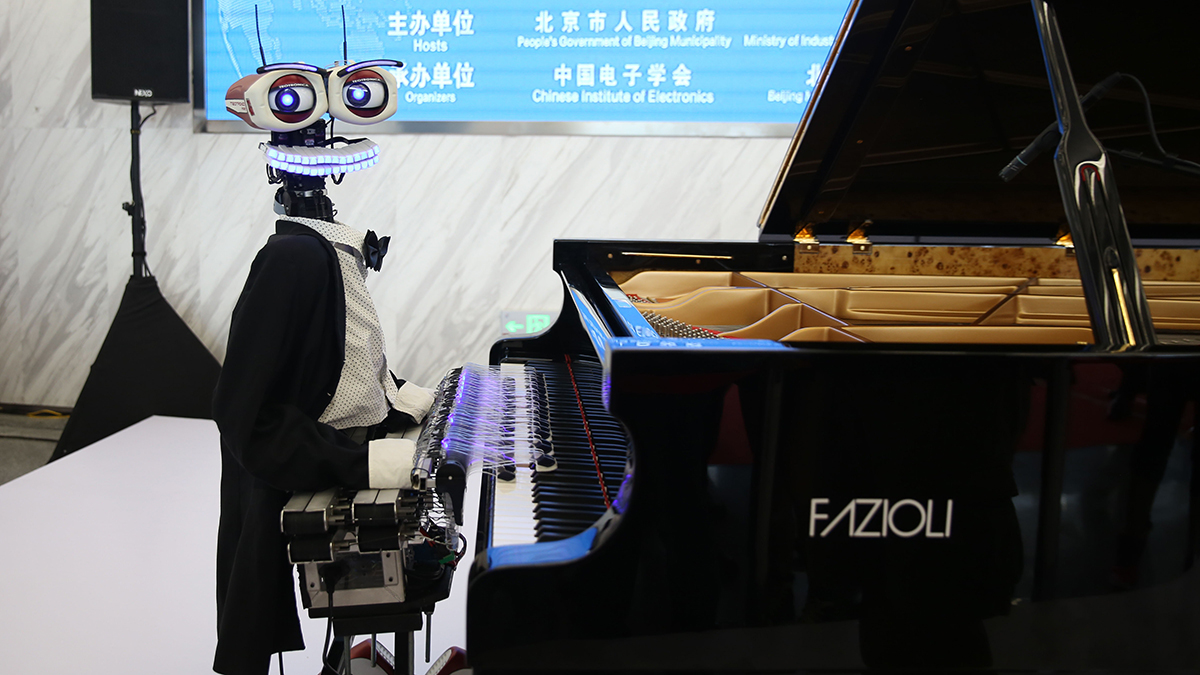Almost three quarters of producers think that AI music generators could replace them in the future
However, only 17.3% currently have a negative view of AI in music production, says survey

Every one of us is going to be forced to confront the impact of AI at some point, and for music producers, that point is right about now. So, Bedroom Producers Blog decided to carry out a survey to find out precisely what its readers think of it.
The results are based on a survey of more than 1,500 people, and show that only 17.3% of producers currently think negatively about AI in music production. However, 73.1% believe that AI music generators could replace human music producers at some point in the future, at least to some extent.
Of course, ‘could’ is a very different word to ‘will’ - the great unknown is how audiences will respond to music that they know has been generated by AI, and whether they’ll be able to forge the same level of connection with it as they do with music composed by a human.
36.8% of producers, meanwhile, are happy to admit that they already use AI tools in their music production workflow. Many software developers have been bigging up the AI and ‘machine learning’ elements of their plugins for several years now, so this isn’t all that surprising. Artificially intelligent AI mixing and mastering tools are currently the most popular, with 28.6% of producers using them right now.
A further 30.1% of producers said that they’re planning to try AI music production tools soon, though of those that have already, 15.7% professed to being disappointed with their quality. That said, a whopping 86.6% believe that AI will replace at least some of our current tools - that’s pretty much nailed on, we’d say - though 29.7% fear that AI music tools could lead to less originality.
Of course, not all AI music is born equal. It’s one thing to use AI to aid the music-making process, but quite another to ask it to simply create a complete track for you (a fact recognised by The Grammys with its decision to permit potential winners to use AI, but only in music that’s been written and performed “mostly by a human”).
Presumably, this means that the forthcoming "last" Beatles track, which is being made possible by using AI stem separation technology to isolate John Lennon’s vocal from an old recording, would be eligible, but music generated automatically from a few text prompts would not.
Want all the hottest music and gear news, reviews, deals, features and more, direct to your inbox? Sign up here.
In fact, most producers surveyed believe that AI-generated music such as this should be in the public domain.
You can read more about the survey and its results on the Bedroom Producers Blog.



I’m the Deputy Editor of MusicRadar, having worked on the site since its launch in 2007. I previously spent eight years working on our sister magazine, Computer Music. I’ve been playing the piano, gigging in bands and failing to finish tracks at home for more than 30 years, 24 of which I’ve also spent writing about music and the ever-changing technology used to make it.